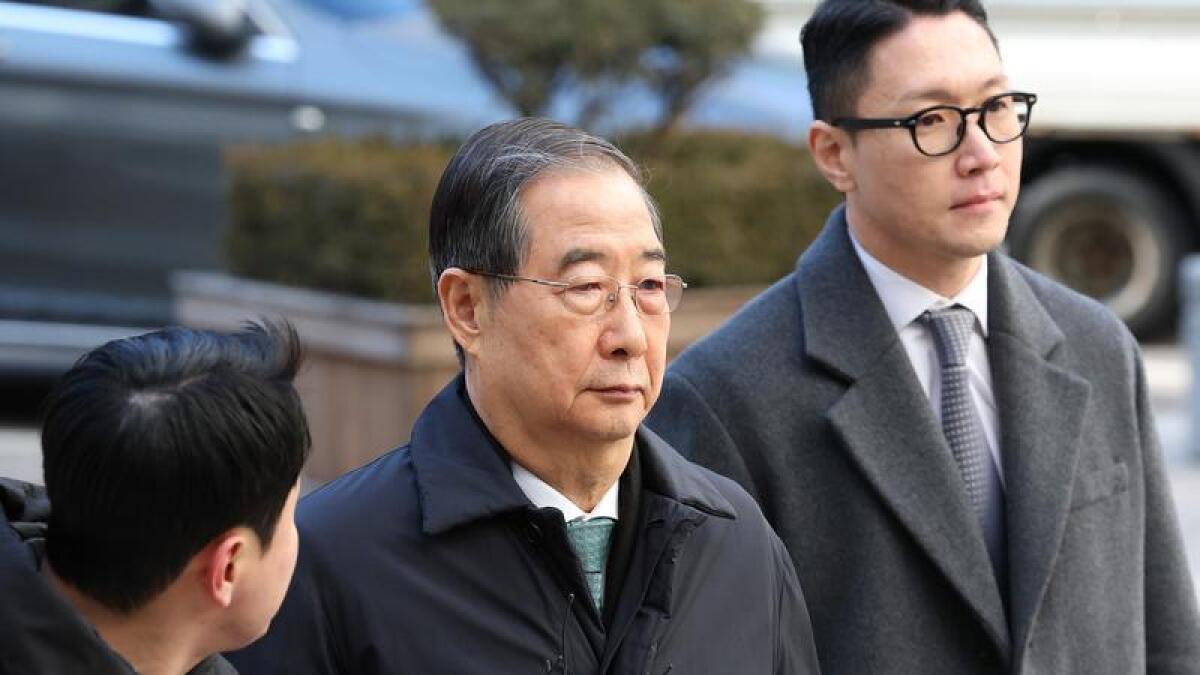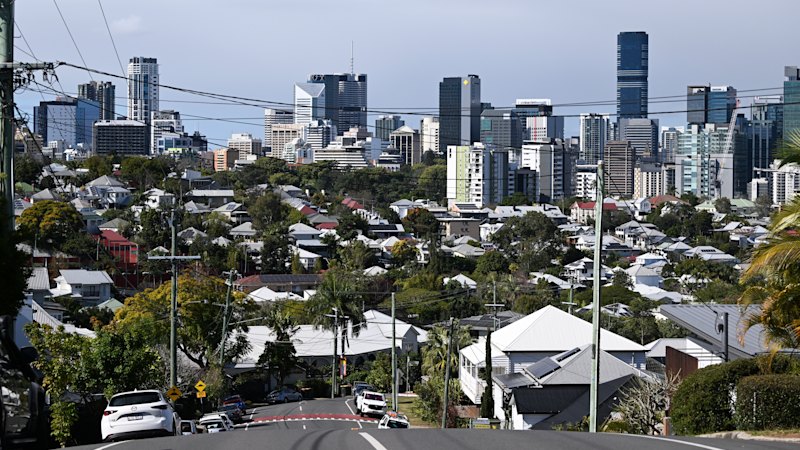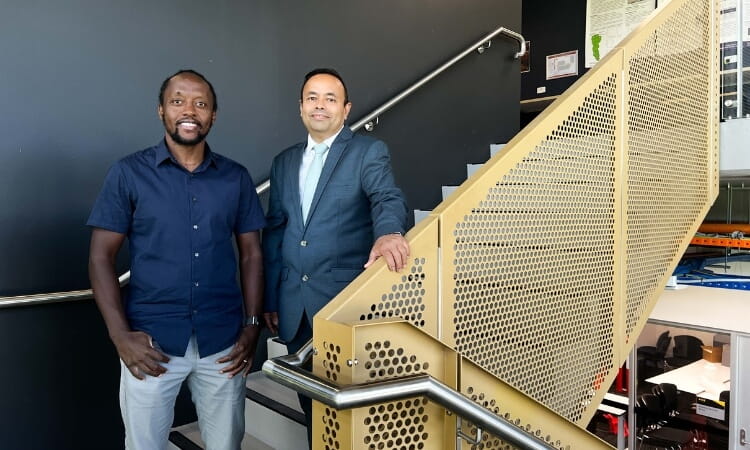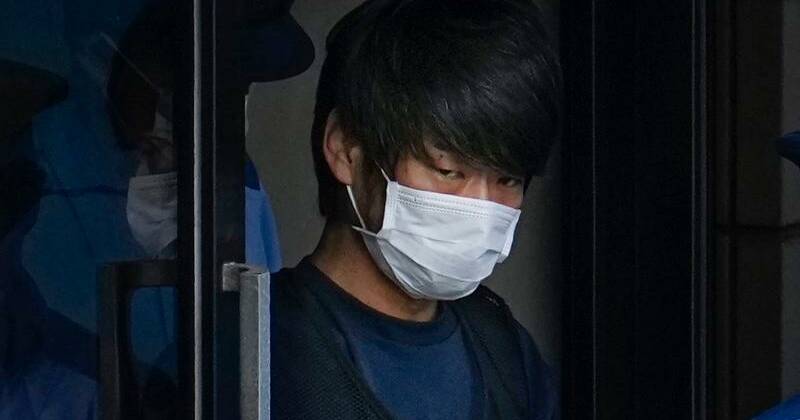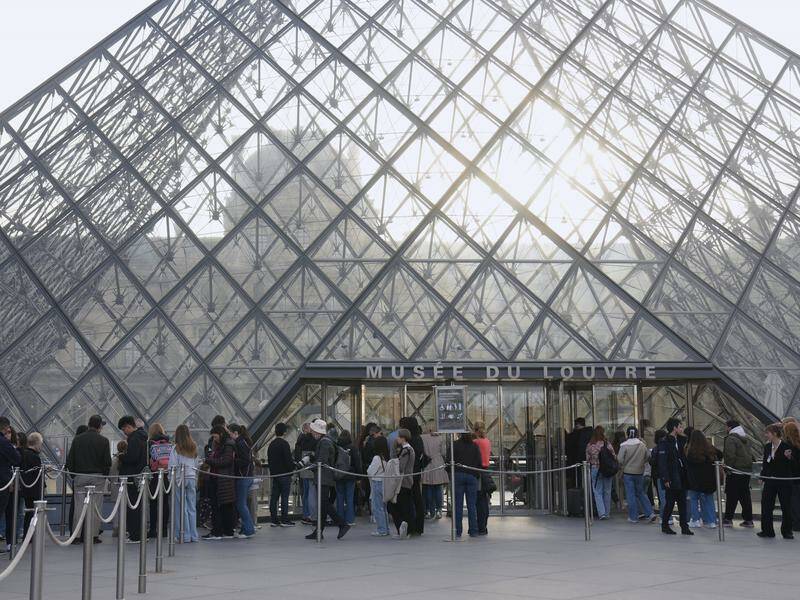
The Louvre in Paris reopened on March 12, 2024, just three days after a dramatic jewelry heist valued at approximately $A157 million. The theft has triggered significant concerns regarding security measures at one of the world’s most famous museums. Visitors lined up to enter the renowned museum’s glass pyramid, eager to return following the brazen robbery that captured international attention.
On March 10, hooded assailants executed a meticulously planned operation, breaking through a second-floor window using a stolen movers’ lift. They targeted the museum’s royal collection, escaping with several historic jewels. In the aftermath, French lawmakers are demanding accountability, with the museum’s director, Laurence des Cars, scheduled to testify before the French Senate later today.
The Galerie d’Apollon, the ornate hall that was the scene of the robbery, remains closed as investigations continue. French Interior Minister Laurent Nunez acknowledged that serious security failures contributed to the incident, prompting Culture Minister Rachida Dati to initiate an administrative inquiry. Nunez stated, “There was a burglary at the Louvre; some of the most precious jewels in France were stolen. So obviously it’s a failure, there is nothing else I can say.”
Despite the alarm system functioning as intended, with police notified within three minutes of the window breach, the incident has raised questions about the adequacy of current security protocols. Nunez noted he is confident that the police will apprehend the perpetrators but declined to comment on the ongoing manhunt.
Dati faced criticism for her assertion in parliament that no security lapses had occurred. Laurence des Cars, who previously warned of the museum’s deteriorating condition, will be questioned by senators regarding the museum’s preparedness for such incidents.
In a further response to the heist, French President Emmanuel Macron announced a six-year renovation plan for the Louvre, which will include funds allocated for enhancing security measures. On RTL radio, Pierre Moscovici, head of France’s national audit office, confirmed that budget cuts had not contributed to security vulnerabilities at the Louvre. “It is richly endowed, there are sponsorships; really, the Louvre is not without resources,” he stated.
The Louvre, originally built in the late 12th century, transitioned from a royal residence to a museum in 1793, housing priceless works such as the Mona Lisa and the Venus de Milo. It remains the world’s most-visited museum, attracting 8.7 million visitors in 2024. As the museum continues to navigate the aftermath of this high-profile heist, the focus shifts to ensuring the safety of its invaluable collections and the millions of visitors who flock to see them each year.
